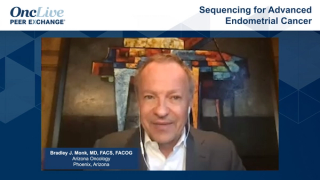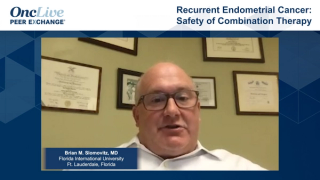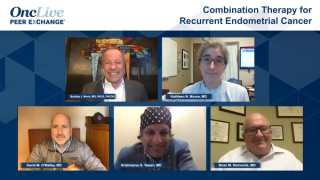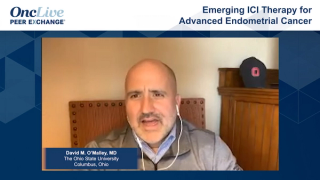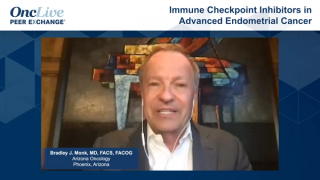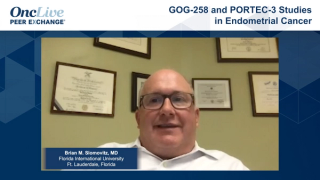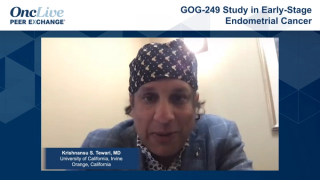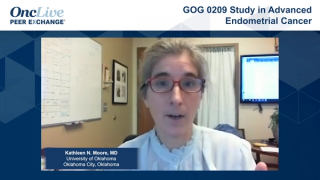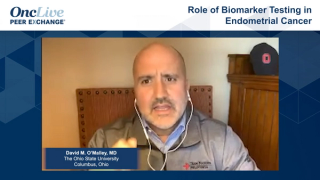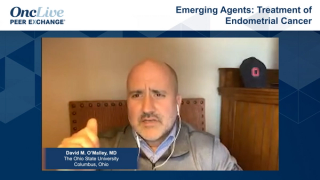
Gynecologic Oncology
Latest News
Latest Videos

CME Content
More News

Terry L. Evans, MD, discusses the use of PARP inhibitors in ovarian cancer and how they are poised to optimally fit in the treatment paradigm.

Combining olaparib with standard bevacizumab significantly improved progression-free survival compared with bevacizumab alone as frontline maintenance therapy in women with advanced ovarian cancer, regardless of BRCA status, according to topline results from the phase III PAOLA-1 trial.

Sarah E. Taylor, MD, discusses the role of somatic and germline testing for patients with ovarian cancer and their family members to create more personalized treatment and prevent disease.

Michelle M. Boisen, MD, discusses the role of neoadjuvant chemotherapy in advanced ovarian cancer and data comparing outcomes with this modality versus upfront surgery.

Mian M. Shahzad, MD, PhD, discusses the use of checkpoint inhibition in advanced ovarian cancer.

Jeannie Chern, MD, discusses developments with genetic testing in ovarian cancer and key trials in patients with recurrent disease.

Mitchel Hoffman, MD, explains the use of surgery and neoadjuvant chemotherapy in ovarian cancer.

Hye Sook Chon, MD, discusses the progress of maintenance therapy in ovarian cancer.

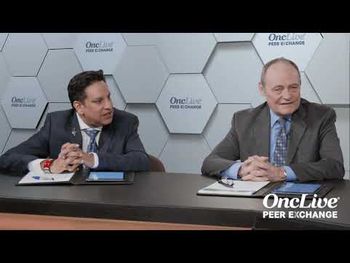
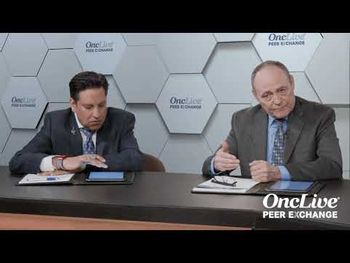
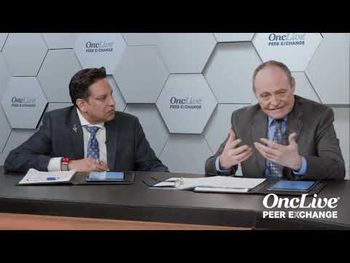
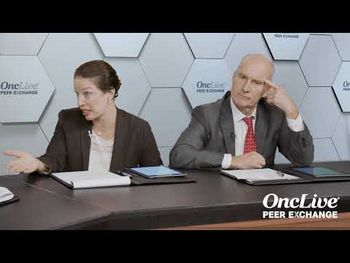
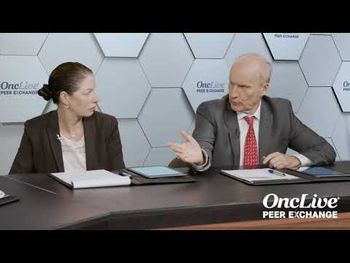


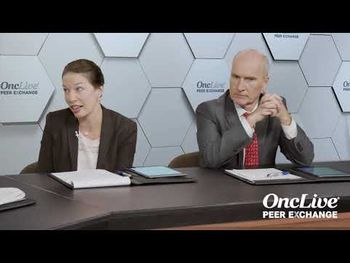

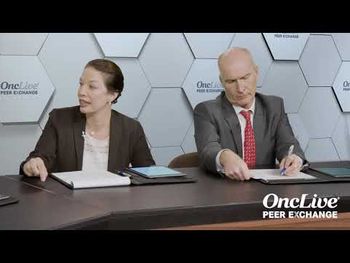
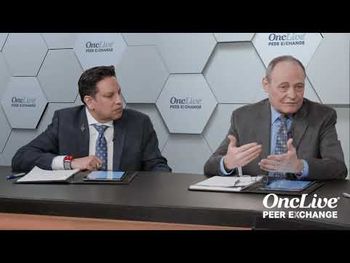
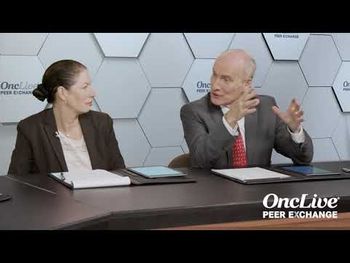
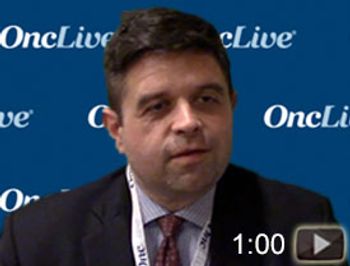
Brian A. Van Tine, MD, PhD, discusses collaboration within the sarcoma field and the importance of clinical trials for advancing treatment.

Angeles Alvarez Secord, MD, discusses the available treatment modalities for patients with platinum-sensitive and -resistant recurrent ovarian cancer.

Brian Van Tine, MD, highlights the latest developments in soft tissue sarcoma, including data from key trials and further research being conducted in the rare tumor field.

Matthew Powell, MD, discusses the trials that are generating excitement for combination immunotherapy as well as the impact of PARP inhibitors in the treatment of patients with ovarian cancer.







